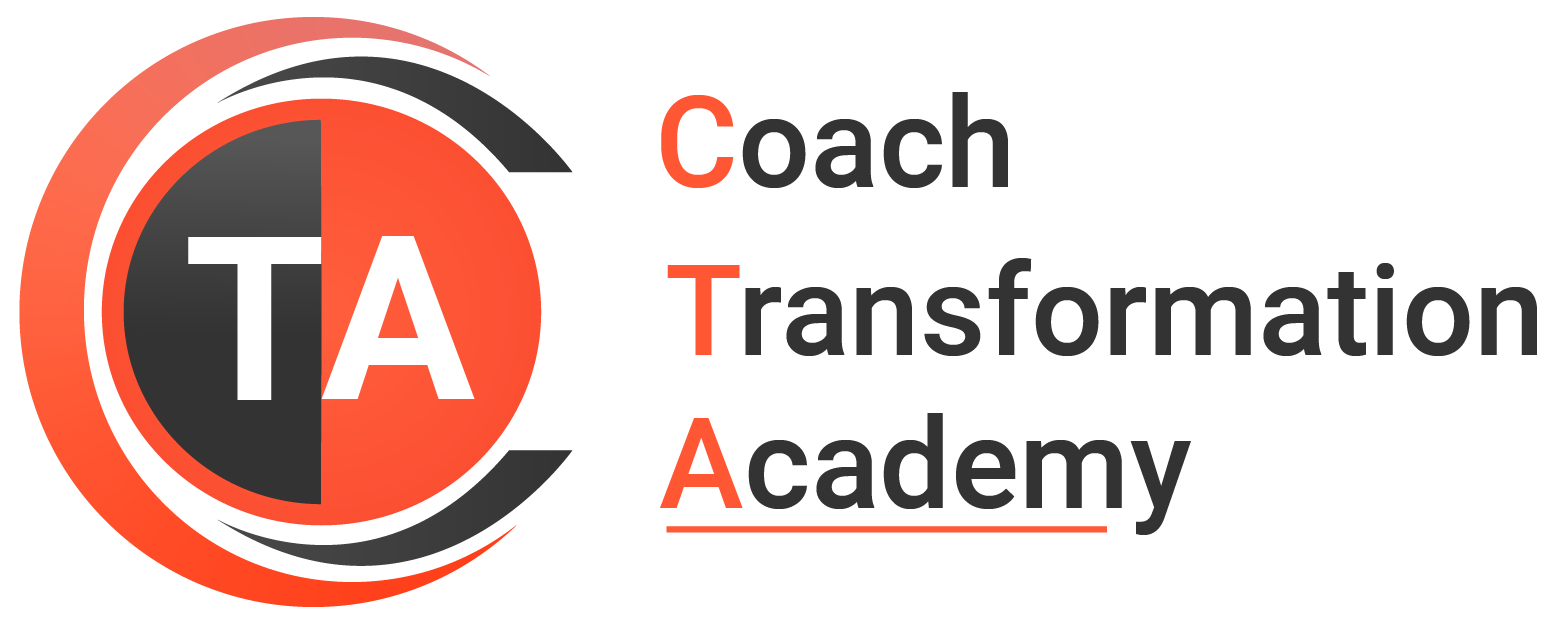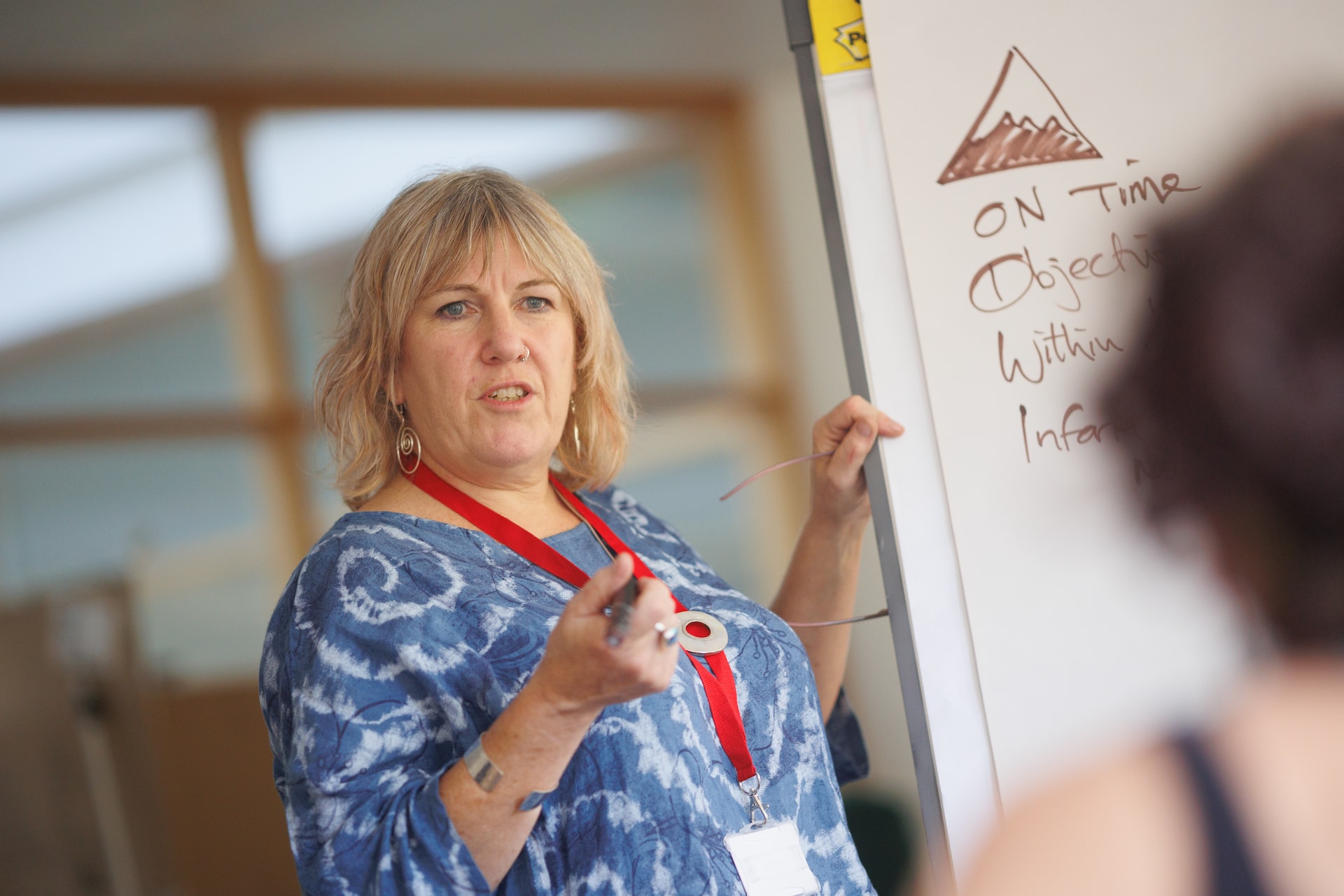FACT CHECK: Everyone wants to be a master coach.
Do you know that the Master Certified Coach (MCC) is one of the highest credentials offered to members of ICF? If ICF is the gold standard in professional coaching, then MCC is the top strata of the ICF pyramid. Getting the MCC coaching certification can be overwhelming. The 2,500 hours of direct coaching experience, 2,250 hours of paid coaching experience, 200 hours of coach-specific training, and 10 hours of mentor coaching might seem out of reach. In addition, the taped performance in coaching conversations and Coach Knowledge Assessments is intense for most coaching aspirants.
Baffled by the requirements of MCC certification, some individuals feel stuck at the Associate Certified Coach (ACC) and Professional Certified Coach (PCC) levels. However, with the right training institute, getting an MCC coaching certification can be a breeze. Wondering how? Let’s discover!
A brief overview of ICF MCC Certification
Offered by the International Coach Federation (ICF), MCC or Master Certified Coach is the highest credential, preceded by the first level- ACC (Associate Certified Coach), and PCC (Professional Certified Coach). The level of credentials is exclusive because of its unprecedented authority in the coaching ecosystem. As per ICF, there are only 1,074 MCCs worldwide, and the MCCs have dedicated their lives to digging beneath a client’s surface-level concerns to unearth their true potential.
Requirements for MCC credentialing
| Criteria | Eligibility |
| Coach-specific Training | 200 Hours |
| Mentor Coaching | 10 Hours |
| Direct Coaching Experience | 2,500 Hours |
| Paid Coaching Experience | 2,250 Hours (with 35 clients) |
| Performance Evaluation | Two audio recordings and written transcripts, along with the coaching log to be uploaded with the application |
| Qualifying Certificates | Must currently hold or previously held the ICF-PCC (Professional Certified Coach) credential |
| Coach Knowledge Assessments | Must pass with at least 70 percent |
The MCC Exclusivity
You can also directly apply for PCC and then MCC. As MCC involves the Portfolio path, the coach-specific training requirements are different than other ICF Credentials. Our Program Experts can help you understand better on these requirements.
However, what sets MCC apart is a coach’s ability to be curious beyond the first problem that a client brings up. On the Master Certified Coach level, the coach identifies the obscure issues limiting growth potential and works towards self-growth as a professional coach. Every MCC course has its own outline and outcomes. Hence, it is important to choose the program wisely that fits your goals.
Conclusion
It takes a true master to train the masters. MCC coaching certification requires profound knowledge and, of course, professional training from the best in the industry. Searching for the perfect institute to get MCC coaching certification? Reach out to Coach Transformation now! Their coaching models amalgamated with the ICF core competencies and code of ethics are a win-win for every professional aspiring to be a master coach.







